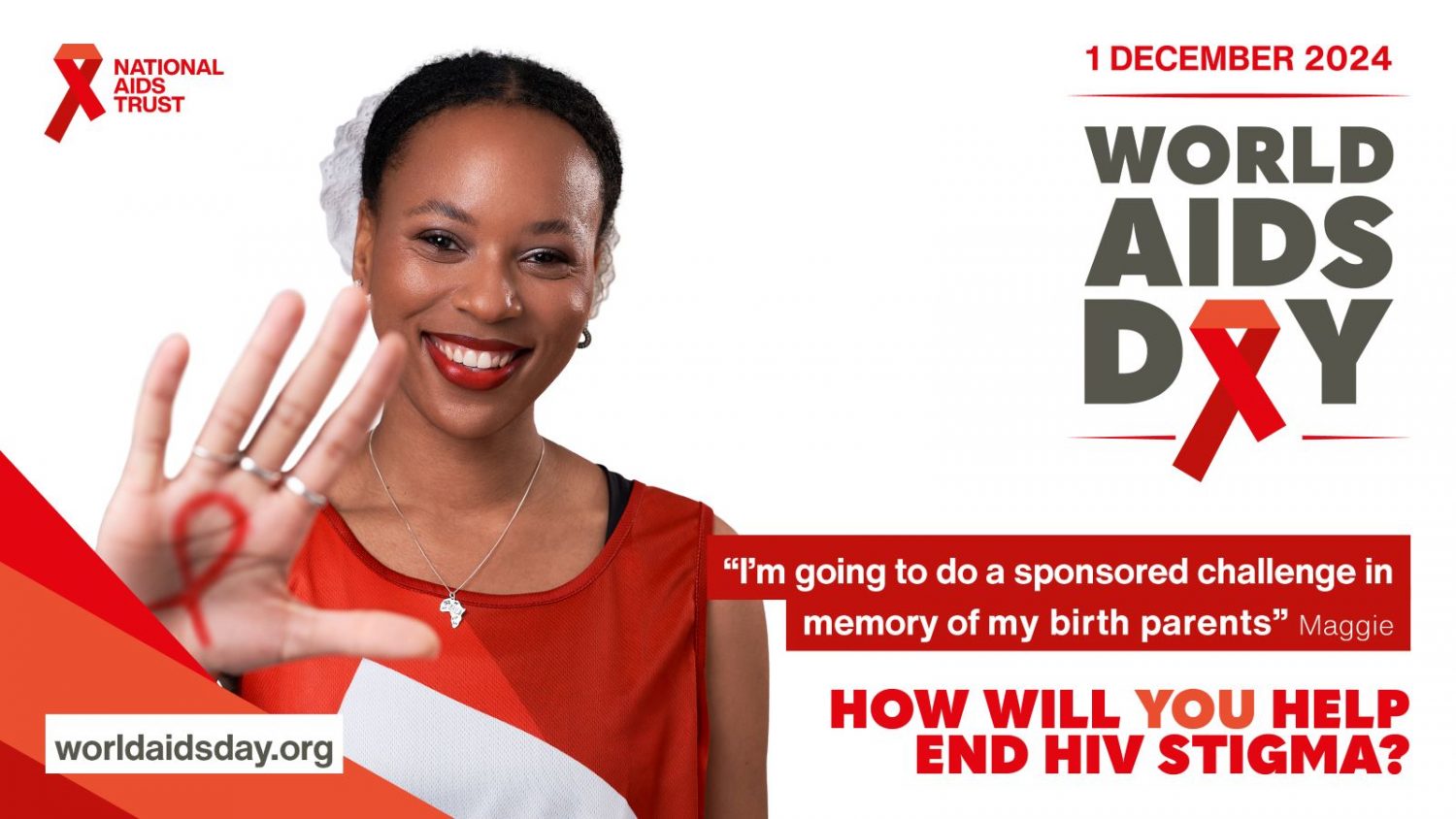HIV in Leicester: What you need to know for World AIDS Day 2024

Sunday 1 December 2024 is World AIDS Day. The day marks a great time to raise awareness on AIDS and HIV and how we can help stop the spread of the virus.
What is HIV and AIDS and how does it affect the body?
HIV (human immunodeficiency virus) is a virus that damages the cells in the immune system and weakens your ability to fight infection. When left untreated, HIV can progress to AIDS (acquired immunodeficiency syndrome), a stage where the immune system becomes severely compromised and starts to make the person really ill.
Although there is no cure, most people diagnosed with HIV in the UK rarely reach this stage, as we have treatments that are very effective and can suppress the virus to the point where it is undetectable in the blood.
How is the HIV passed on?
The virus is passed on to others through unprotected sex, sharing needles or other injecting equipment for drug use. It can also be transmitted from mother to child during pregnancy, birth or breastfeeding, but this is also now extremely rare in the UK because of the availability of effective treatments.
HIV in Leicester
Leicester has one of the highest rates of people living with HIV in England outside of London, however, around 5% of people currently living with HIV do not know they have it and are therefore not able to access the treatment they need. Data does show that numbers of people getting tested in Leicester are higher than the England average, but there is still a way to go to make sure we identify everyone who needs treatment.
How can I get tested?
The only way to know if you have HIV is to get tested. In the early stages of HIV, many people don’t feel sick or show any symptoms, so they may not know they have it. That’s why it’s important to get tested regularly, even if you feel fine.
Here are three easy ways to get tested:
- You can order a free, private testing kit online to do at home on the Leicester Sexual Health website.
- Your GP surgery may offer tests
- Visit your local sexual health clinic.
Getting tested helps you find out early if you have HIV so you can start treatment right away. Treatment works really well, and if you stick to it, your HIV can become undetectable, meaning you cannot pass it on to others. This is known as U=U (Undetectable = Untransmissible).
Myths on HIV and AIDS
There are many misconceptions surrounding HIV and AIDS, so on World AIDS Day, we’re working bust those myths to help even more awareness:
- HIV can’t be passed on by casual contact like kissing or sharing food.
- Condoms and PrEP (pre-exposure prophylaxis) are effective ways to prevent HIV.
- Everyone can get HIV, not just people who inject drugs or men who have sex with men.
- The only way to know if you have HIV is to get tested.
If you start treatment early and your viral load becomes undetectable, you can’t pass HIV on to others.
